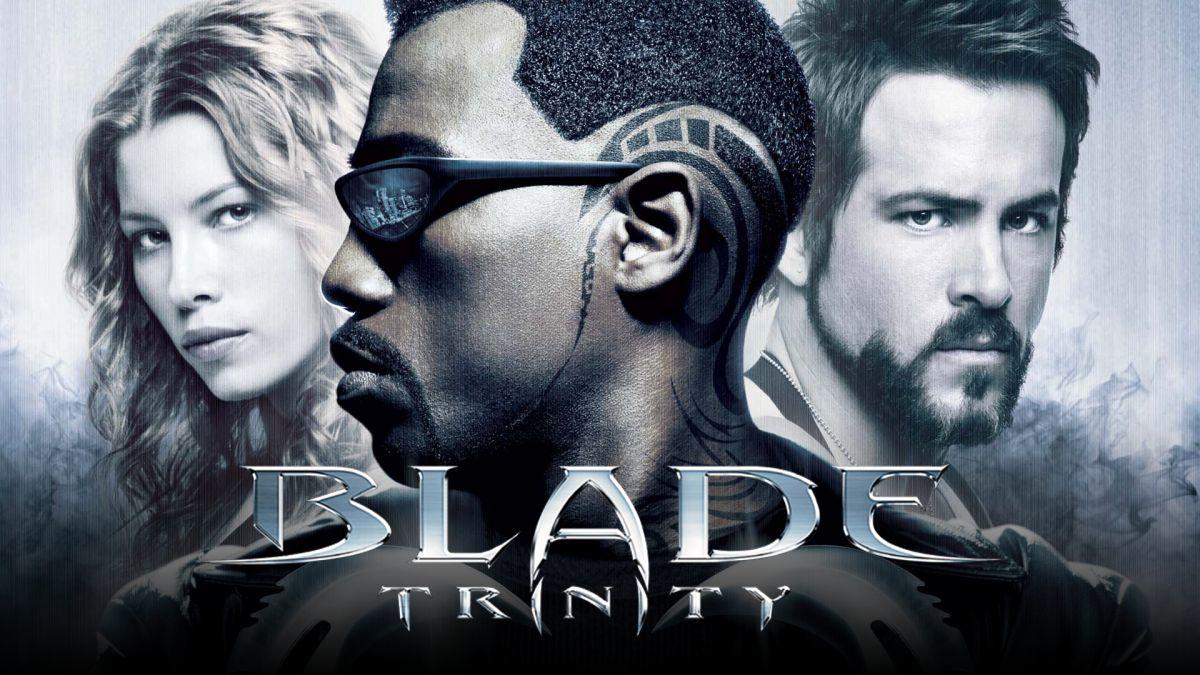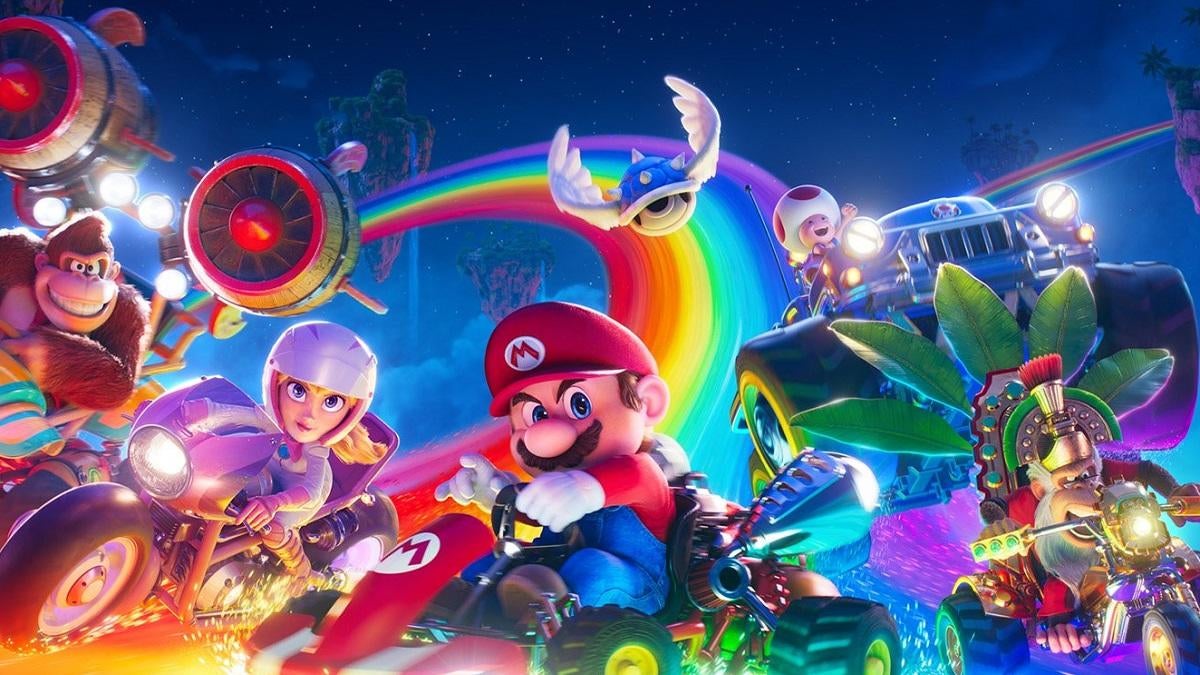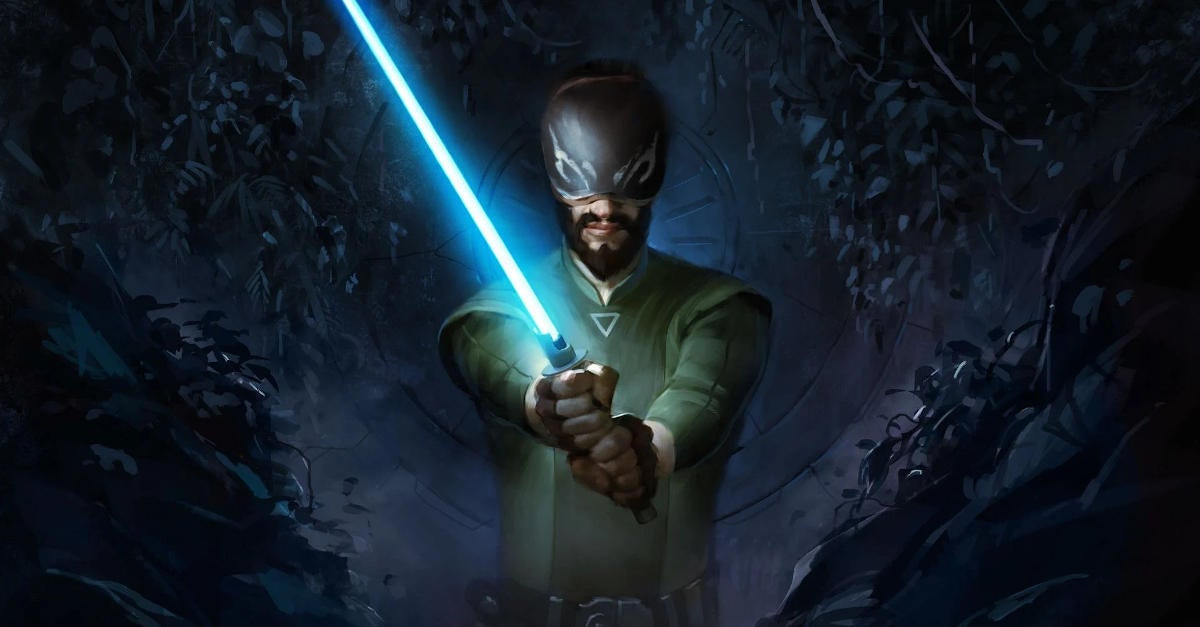Showtime Cancels Fan-Favorite Series After 3 Seasons
Showtime canceled one fan-favorite series after 3 season. The L-Word: Generation Q was viewed as a series that tried to tap into the love for the previous show. If this news wasn't strange enough, Deadline reports that series creator Ilene Chaiken is now developing a reboot of the original show called The L Word: New York. That show would consist of an entirely new continuity and it's absolutely bonkers to consider that viewers would be going from a revival to a reboot. But, that's the state of entertainment IP at this point. Still, in a time where so much TV representation is being lost, another show being cast aside is sad for a lot of the fans. In this case though, at least Showtime has some sort of plan for putting something in its place.
On Instagram, star Katherine Moenning said, "Shane, it was an absolute pleasure to see you again. You will always mean more to me than just being a sex addict who doesn't know anything about non monogamy. To the fans of the show, I love you all."
What's Lost When Shows Like This Are Cancelled?
TVInsider talked to Jaclyn Moore and Stephen Dunn last year about their work on Queer as Folk. It feels like the series reboot was necessary for this cultural moment. It feels like losing series so closely together is being felt by a number of communities.
"I didn't realize how important it was when I first started working on it," Dunn began. "This show changed my life. The original was my first exposure to queer culture. It's the first time I saw myself reflected, but so much has changed since then. I think the word 'queer' has evolved to mean something different than it did back then. And unfortunately in the climate that we're in, it feels more urgent and pressing than ever to increase the visibility and voices of queer people."
"It's important to tell stories in a new generation," Moore continued. "In a lot of ways, what we're doing, it's not a direct reboot of the previous versions of this show. It's taking what's behind that show — the idea of queer defiance and queer joy — and telling a story about that. I think what queerness means today is very different than what queerness meant in the late '90s, early 2000s. A group of cis white gay guys now, which is a lot of what those early versions of the show fixated on, they may not even consider themselves queer by modern standards. That's a different label in some ways."
Are you surprised by this news? Let us know down in the comments!




